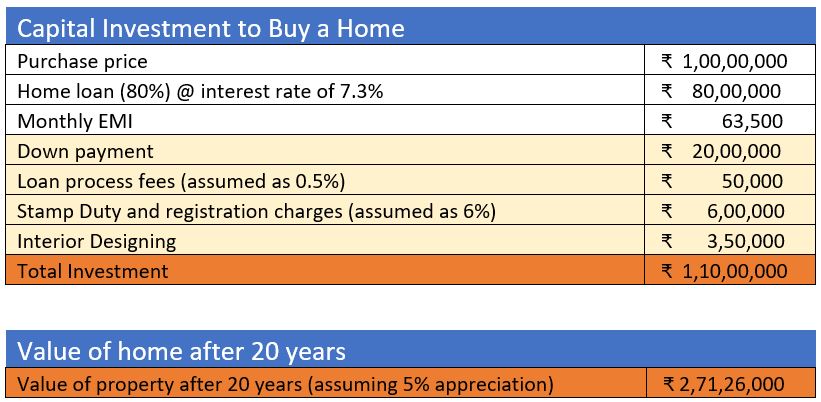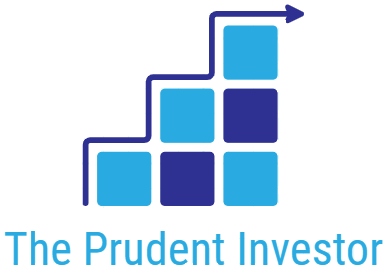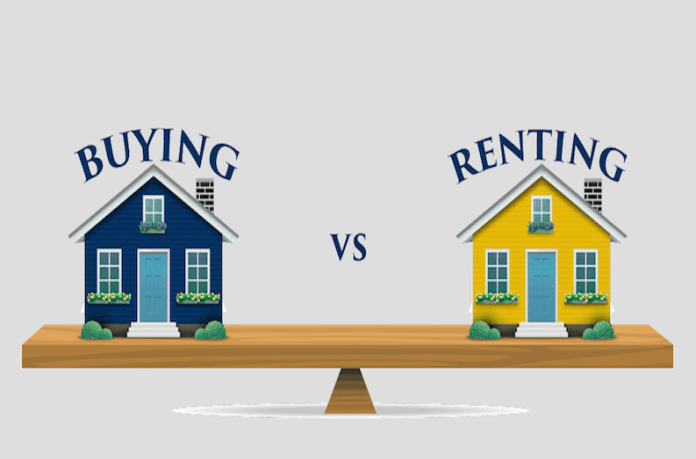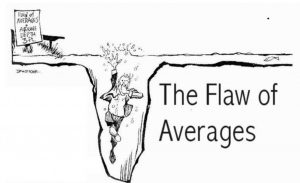When it comes to buying vs renting a house, there is always a passionate debate about which makes the most financial sense. If you have been staying in a rented house and have been considering buying your dream house, the following news will be music to your ears:
- House prices to fall this year for the first time in at least a decade.
- Looking for a dream house? Home loan rates are at a 15-year low.
These make buying more appealing and accessible. So if you have been waiting to take the plunge, is now the right time to make the purchase? Whether to rent or to buy the place in which you live is a major decision.
Arguments in Favour of Buying a House
“You are earning well. It is a good time to buy your house.”
Your friends are buying homes. You wonder whether you should too.
Are you financially ready to buy a house? Or is renting still the smarter option? Let’s compare and see what works best for you.
Why pay rent when you can pay EMI and own an asset?
This is the foremost argument of anyone who wants to convince you to buy a home. It makes sense as the value of the house increases.
You often hear that “every rupee you pay in rent is a rupee you will never see again whereas buying a house is a great investment.” Paying rent isn’t a waste of money. In return, you are getting a house for yourself and your loved ones. Even when you buy, you’ll be spending a lot of money on interest payments, taxes and other fees — money you will never see again. These payments are not helping you build equity.
The second most common argument is that home loans come with a number of tax benefits.
Pros to Buying a Home
- You can cash in on appreciation. Your home will most likely increase in value over time depending on the market and how well you take care of it.
- It brings intangible benefits such as a sense of stability, belonging to a community, and pride of ownership.
- You have the freedom to renovate your house. As the owner of your house, you can do whatever you’d like to it.
- You have the satisfaction of knowing you made your Dream a reality.
- Payments on Interest upto Rs. 2,00,000 per year is tax deductible.
- Principal repayments are tax free upto Rs. 1,50,000 per year. (Section 80C)
- Home loan EMI inculcates financial discipline: Being a big investment, home loans force you to commit your income for years to come. At some level, it’s a forced investment of your income which you might have splurged away in needless expenses. It enforces financial discipline in those who are not good at it and are looking to develop the same.
Cons of Buying a House
- If you’re an ambitious salaried professional, you’re not going to stay at one place for long. Are you? Willingness to relocate often enhances one’s career prospects as jobs are no longer location specific. Will you refuse a better job with lots of growth opportunities, just because it’s in some other city?
- Income stability and benefits: Are you sure you’ll retain your job for the next 20 years? Are you sure, your job will remain in the job market for the next 20 years? In the uncertain job market of today, a fixed, high and regular demand on funds such as a home loan EMI might become difficult to manage in times of crisis or in between jobs. In such a scenario, it creates unnecessary financial stress. Living on rent, on the other hand, gives the individual an option to move into a less expensive space.
Pros of Renting a House
- Renting in India typically costs less than 3% of a house value. Meaning, if a house’s market value is Rs. 50 lakhs, the rental will be around Rs. 15,000 per month.
- While the homeowners get a host of tax-benefits, tenants also get some relief via exemptions on the HRA component of their salary. Tax breaks are available: Around 40% of your basic salary (or the rent, whichever is lower) is deductible from your taxable income.
- Workforce mobility: The nature of work today has become such that employees need to be ready to shift to different regions for a relatively long period of time. For such professionals, blocking one’s savings in an illiquid asset with high interest rates is not a wise choice.
- Flexibility: Renting gives you immense flexibility over buying a house, which often brings along a huge debt. People’s needs change over years, but a self-owned house doesn’t. Selling/buying a house is also an ordeal in itself, as the valuation is vague and often not matched by the market.
Cons of Renting a Home
- Rent rates will go up. Ever renewed your lease only to find out that your landlord is raising your rent again? That wouldn’t happen with a mortgage.
- When you rent a house, one often has to relocate which entails a lot of wasted time, money and energy.
Can you meet other goals?
Say one decides to squeeze his monthly budgets to pay the EMIs and liquidate all his savings for the down payment. If he falls short, he might reach out to his parents.
He has his dream home, but is unable to save for other important goals like his child’s education, retirement or travel plans. How do you ensure you are able to meet these goals too?
Continuing to live on rent may not be a bad idea as rental yields today are very low.
What are rental yields? If you plan to buy a house worth Rs 1 crore and it is available on rent for Rs 30,000 per month. The annual rental outflow is Rs 3.6 lakh. Typically, rental yields are not more than two to three percent of the capital value.
What does the data have to tell us?

After 20 years the value of the house would be Rs 2.7 crore considering a 5% annual appreciation in home prices.
Renting Scenario

Source: ThePrudentInvestor.in
Careful analysis leads to accurate decision making.
Let’s refer to the comparison table above: If you rented, the surplus from the down payment and difference between the EMI and Rent can be invested in financial products delivering say 8%.
At the end of twenty years if one would have opted for renting, they would have accumulated Rs 3.14 crore, which is approximately Rs 42.5 lakhs more than the value of the property at the end of the 20 years.
When contemplating the true cost of homeownership, you need to have a complete view of all of the related expenses. To know whether buying or renting makes more financial sense, you’ll need to compare the total cost of renting to the total cost of homeownership.
In conclusion, once you add up ALL these costs, you might find that you’re better off financially by renting and investing the money you would have put into a home.
The overall cost of homeownership tends to be higher than the overall cost of renting. Housing markets and life circumstances are too varied to make blanket statements like owning always makes more sense in the long run and that renting is throwing away money. Ultimately, the decision to rent or to own is not just financial, it’s also emotional.





Such a good comparison to investing, Even renting is good when comparimg for long term.
Explained everything so nicely. addressed all points. very informative.